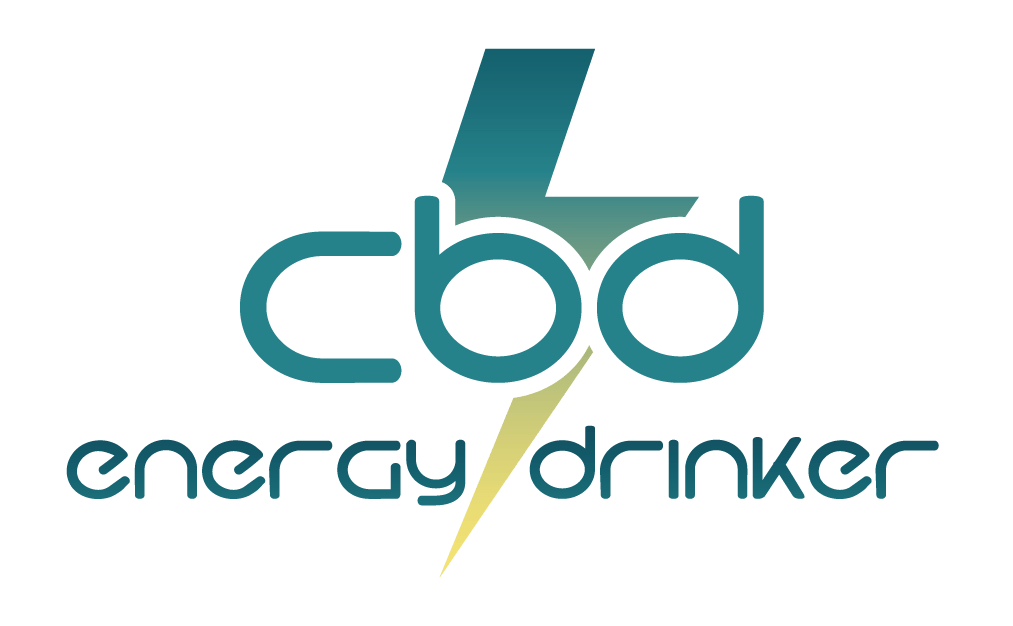After an intense workout, recovery becomes the silent half of progress. Between CBD-infused beverages and BCAA-packed drinks, both promise to help you feel and perform better—but they work in very different ways. Here’s what the science says about which option truly helps you bounce back faster.
The Role of BCAAs in Muscle Recovery
BCAA stands for branched-chain amino acids—leucine, isoleucine, and valine. These are essential amino acids that the body cannot produce on its own, making dietary intake crucial. BCAA drinks gained popularity for their potential to reduce delayed-onset muscle soreness (DOMS) and support post-exercise muscle repair.
Studies have shown that BCAAs can reduce muscle soreness by limiting muscle damage during training. However, the benefits tend to be most noticeable when an athlete’s overall protein intake is insufficient. For those already consuming a balanced, protein-rich diet, the added recovery advantage of BCAA drinks is often minimal.
In short, BCAAs help reduce soreness and fatigue, but they do not replace full protein sources needed to rebuild muscle fibers. A complete protein shake or meal with all nine essential amino acids is more effective for long-term muscle recovery and growth.
The CBD Recovery Effect
CBD (cannabidiol) offers a different approach to recovery. Instead of targeting muscle protein synthesis, CBD interacts with the body’s endocannabinoid system, which regulates pain perception, inflammation, and sleep quality. Its rising popularity in sports recovery stems from its potential to improve overall well-being after training.
Preliminary research indicates that CBD may reduce inflammation and pain perception after intense physical activity. Many users report less soreness, calmer moods, and improved sleep, all of which indirectly promote faster recovery. However, clinical evidence remains limited. Most findings rely on self-reported data rather than direct physiological measurements of muscle repair.
In other words, CBD may not rebuild muscle tissue, but it can help athletes feel better and recover more comfortably, allowing for consistent performance over time.
Comparing Recovery Benefits
| Factor | BCAA Drinks | CBD Drinks |
|---|---|---|
| Primary Function | Muscle repair and soreness reduction | Inflammation control and relaxation |
| Scientific Evidence | Strong for reducing soreness; best with low protein diets | Promising but early-stage; benefits often subjective |
| Timing | Pre- or post-workout | Post-workout or before bed |
| Best Use | For muscle endurance and recovery | For recovery comfort and rest quality |
Safety and Use
Both options are generally safe when used responsibly. BCAAs are well-tolerated but can be redundant if protein intake is already sufficient. CBD, while non-intoxicating and allowed in most sports, can contain trace THC levels in unregulated products. Always choose third-party tested CBD drinks to avoid unwanted compounds or inaccurate labeling.
The Smart Recovery Strategy
For muscle recovery and growth, BCAA or, better yet, full-protein supplementation remains the more proven route. If your goal includes reducing stress, promoting calm, or improving sleep, CBD can play a supportive role in your recovery stack.
Recovery takeaway
- Choose BCAAs when training volume is high or protein intake is low.
- Use CBD when recovery comfort, inflammation relief, or quality sleep are your priorities.
- The ultimate recovery combo? Solid nutrition, good rest, and hydration — with CBD or BCAAs as optional boosters, not shortcuts.
Both have value, but the winner depends on what you mean by “bouncing back.” For muscle tissue, BCAAs hold the edge. For mind-body relaxation, CBD leads the pack.
